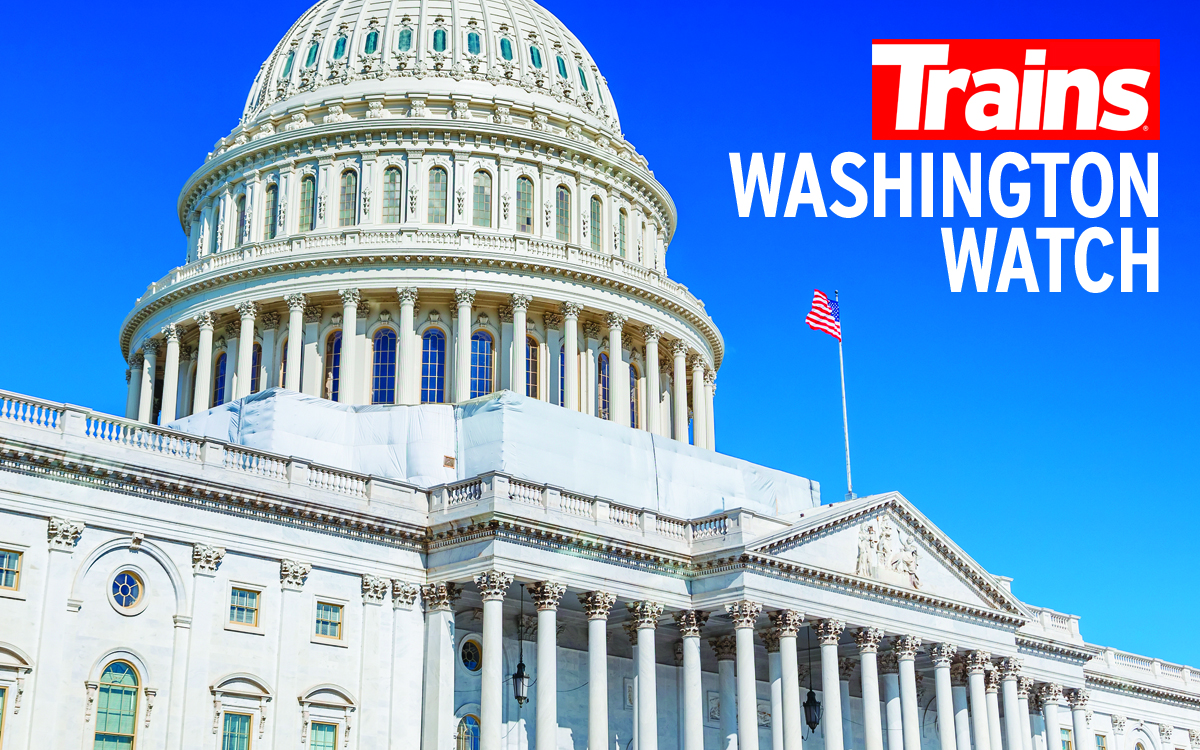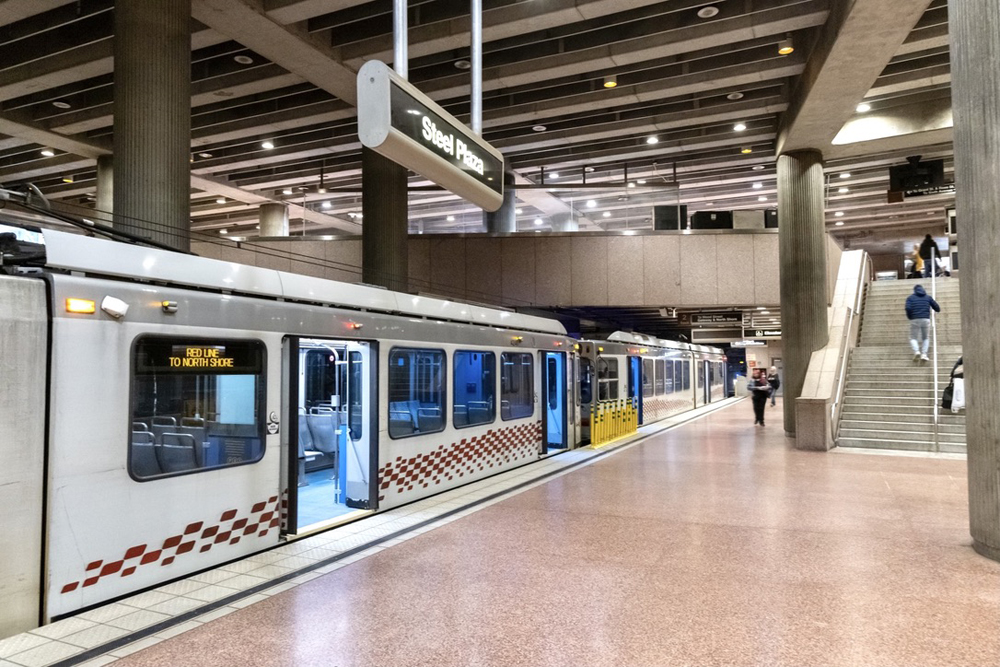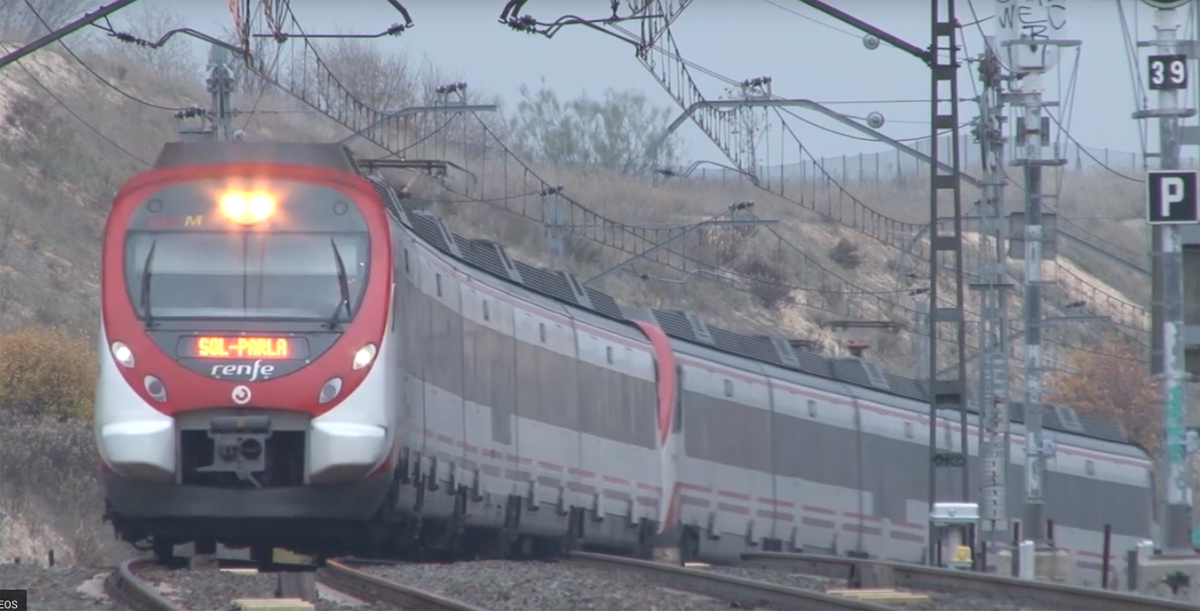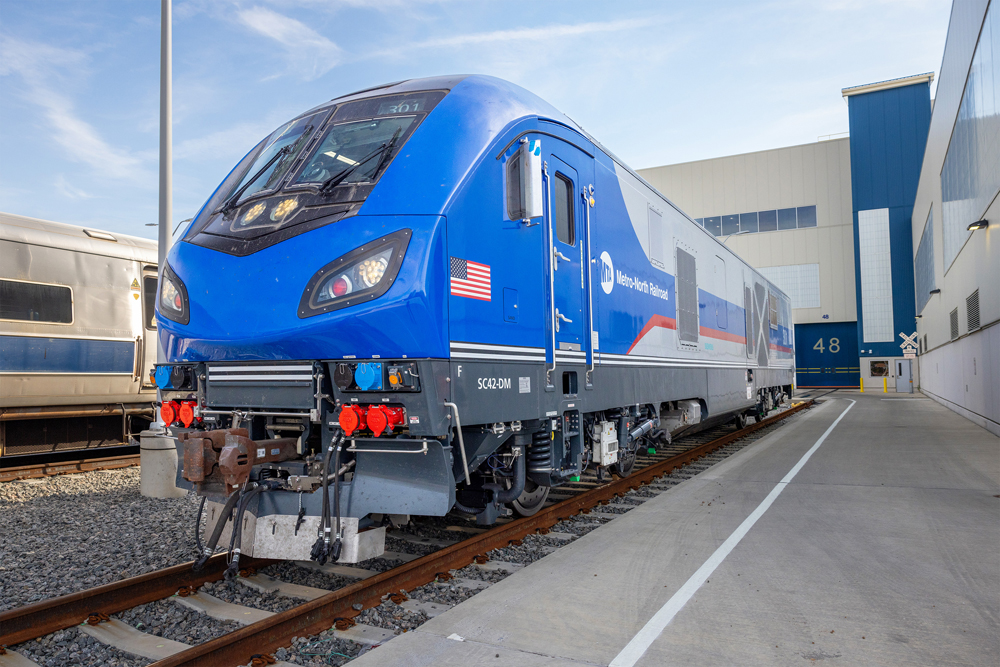The May 22 hearing, which the Surface Transportation Board announced on Wednesday, comes as shippers are complaining about the charges that have become more widespread as the industry embraces Precision Scheduled Railroading operating models.
A group of logistics firms told the STB that Norfolk Southern’s latest charges, which take effect on April 1, “are not in the public interest, are unreasonable demurrage tariff rules and practices, defy common carrier obligation, and are so one-sided that it will be extremely difficult for any NS-served industry to avoid demurrage charges.”
The 15 logistics firms said in their March 8 letter that shippers who don’t currently operate on the weekends would be forced to choose between overtime costs or the new demurrage charges. NS has said that it is increasing the frequency of local service to seven days per week across its system.
A Pennsylvania scrap shipper, Consolidated Scrap Resources, told the STB in a March 6 letter that its demurrage charges have skyrocketed as NS has changed its policies regarding car storage.
The scrap company’s average monthly demurrage cost has risen 80 percent this year and is more than 1,000 percent higher than the average monthly cost in 2017, CEO Benjamin Abrams wrote.
Railroad executives have said that the charges are designed to turn freight cars more quickly, which reduces the number of cars needed and helps make their networks more fluid. This, in turn, can make service more reliable.
Consolidated was not buying that argument.
“If shippers like CSR are paying to lease cars, their incentive is to turn those cars as quickly as possible,” Abrams wrote. “Not using those cars costs the shipper. Now the shipper has to pay an extra charge to NS because NS sees an opportunity to squeeze the shipper.”
NS’s demurrage revenue rose 25 percent between the first quarter of 2018 and the final three months of the year, according to regulatory filings. The railroad declined to comment on the shipper letters to the STB.
But NS CEO Jim Squires and Union Pacific CEO Lance Fritz responded to questions about the new charges during investor conferences this month.
Squires says NS increased its charges in January but also increased credits for shippers if the railroad doesn’t hold up its end of the bargain by delivering cars as scheduled. NS also is working closely with customers, he says.
Fritz said he’d be happy if customer behavior changed immediately and the railroad didn’t collect an additional dime from the higher charges.
“The end game isn’t to collect the revenue, right? The end game is to change behavior, because those behavioral changes support consistent and reliable service, which is what customers want,” Fritz says.
UP says its policies are also balanced.
“If we screw up, there’s offsets,” Fritz explains.
The Surface Transportation Board has questioned the fairness of the increased charges, which have been imposed as the industry shifts to Precision Scheduled Railroading and its intense focus on efficient use of assets like locomotives, freight cars, and crews.
The board has invited railroads, shippers, third-party logistics providers, and other interested parties to speak at the May hearing and report their experience with demurrage and accessorial charges, including matters such as reciprocity, commercial fairness, operational and capacity issues, and effects on network fluidity.















It’s not just about the railcar asset. It’s also about cars tying up capacity in the serving yard if the shipper or receiver doesn’t have room to spot new incoming loads or empties, especially if the railroad has delivered that car to the serving yard in accordance to the trip plan schedule.
And it’s not only about track capacity in the serving yard, but also about how many labor intensive switching moves are required to dig it out when the receiver is ready for it. Or conversely shuffling the cars around to keep them easy to pull as new trains roll into the serving yard and get broken down.
Note that these non-rolling-stock costs are the same for railroad or shipper leased cars.
Best thing to happen would be for PAS to go away and the railroads to start serving the customers instead of the share holders and CEOs
Demurrage sounds reasonable to me. Why should a shipper get free use of a railcar when it could be used to earn revenue from someone else? If they were leasing the railcar from a third party, they would have to pay for extra days.
Ian; the charges apply on railroad owned equipment whether inside or outside the customer’s facility. They also apply on shipper owned or leased equipment if held on railroad owned tracks.
Do these charges apply to railroad owned equipment? If so could a third party provide the freight car at a discount? IE we will charge less and will not charge for weekends. And will the railroads allow this.
I call BS on having to pay overtime to workers for being open on weekends instead of just M – F, you can schedule regular shifts to be any days of the week you want, so you can have employees work Sun – Thurs and Tues – Sat. Now you have coverage 7 days per week.